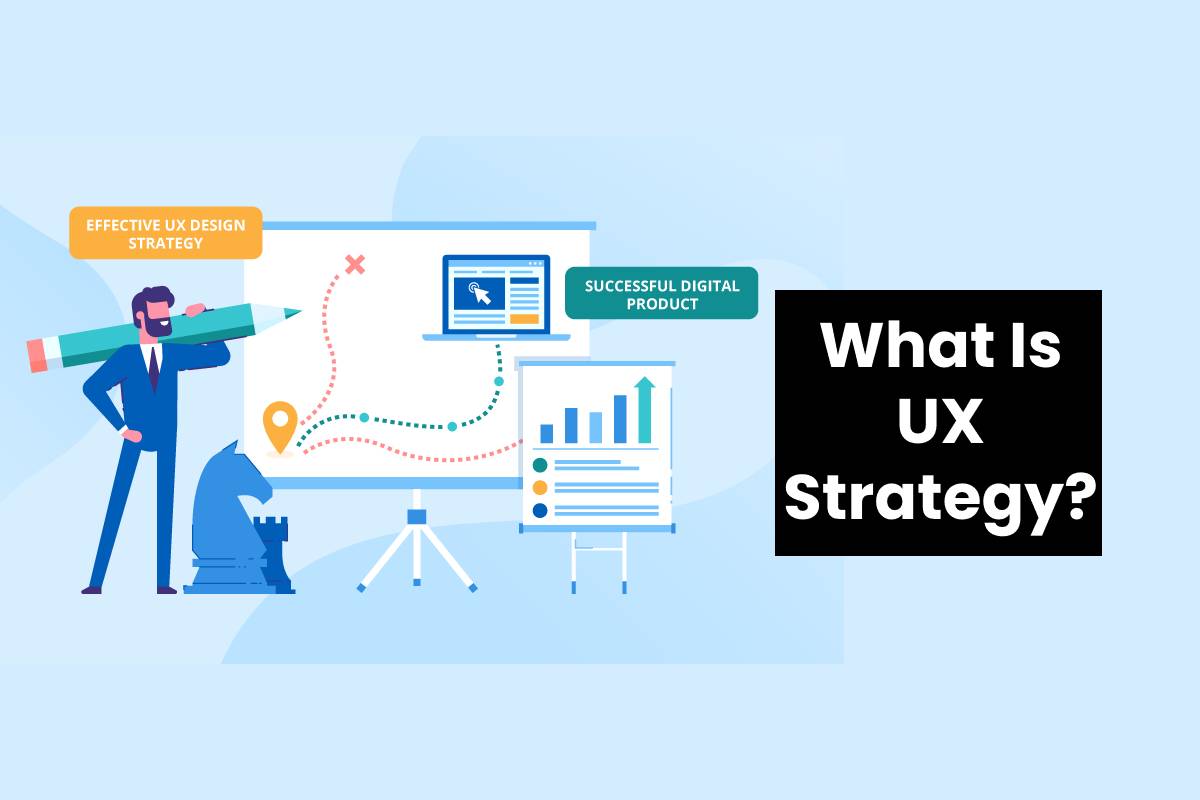

Is SEO Dead? Not Quite—But Here's What's Changed in 2025
Every few years, the digital marketing world erupts with proclamations that SEO is dead. The narrative usually follows a predictable pattern: a major algorithm update rocks the rankings, AI threatens to revolutionize search, or new platforms emerge to challenge Google’s dominance.
Here we are in 2025, and the death knell for SEO is ringing louder than ever before. But like Mark Twain’s famous quip about his own demise, reports of SEO’s death have been greatly exaggerated.
The truth is more nuanced. SEO isn’t dead, but it has fundamentally transformed into something almost unrecognizable from its early days of keyword stuffing and link farms.
The practitioners who have survived and thrived are those who understood that SEO was never really about gaming search engines—it was about understanding human behavior and creating genuine value.
Table of Contents
ToggleThe AI Revolution Has Rewritten the RulesContent Quality Has Become Non-NegotiableThe Rise of Zero-Click Searches and New MetricsTechnical SEO Has Become More Critical Than EverThe Personalization and Intent RevolutionLooking Forward: The Future of SEO
The AI Revolution Has Rewritten the Rules
The most significant shift in 2025 has been the complete integration of artificial intelligence into search experiences. Google’s Search Generative Experience (SGE) and similar AI-powered features from competitors like Bing and emerging players have fundamentally altered how people interact with search engines.
Users now receive AI-generated summaries at the top of search results, often answering their queries without requiring them to click through to websites.
This development initially sent shockwaves through the SEO community. Traditional metrics like click-through rates from search results plummeted for many sites, leading to widespread panic about the future of organic traffic. However, smart marketers quickly realized that this wasn’t the end of SEO—it was an evolution that required new strategies and metrics.
The key insight is that while AI can summarize information, it still needs sources to draw from. Websites that provide comprehensive, authoritative content are increasingly becoming the foundation upon which AI responses are built.
This has created a new form of SEO focused on becoming the primary source for AI training and response generation, rather than just ranking for traditional blue links.
Content Quality Has Become Non-Negotiable
The days of thin, keyword-optimized content are definitively over. In 2025, search engines have become sophisticated enough to distinguish between content created purely for SEO purposes and content that genuinely serves user needs.
According to Dental Marketing Guy, a big dental SEO company, Google’s helpful content updates, which began rolling out in 2022, have matured into a system that can identify and penalize content that exists primarily to manipulate search rankings.
This shift has forced content creators to return to fundamental principles of journalism and expertise. The most successful SEO strategies now involve subject matter experts creating in-depth, researched content that addresses user needs comprehensively. Surface-level blog posts that merely repackage existing information have become virtually worthless in terms of search visibility.
The concept of E-A-T (Expertise, Authoritativeness, Trustworthiness) has evolved into E-E-A-T, with the additional “E” standing for Experience. Search engines now prioritize content from creators who have demonstrable real-world experience with their subject matter. This means that generic content agencies are losing ground to niche experts and brands with genuine domain authority.
The Rise of Zero-Click Searches and New Metrics
Traditional SEO metrics are becoming less relevant as search behavior evolves. Zero-click searches—where users get their answers directly from search results without clicking through to websites—now account for a significant portion of all searches. This trend has accelerated with AI integration, forcing SEO professionals to reconsider what success looks like.
Forward-thinking marketers are developing new measurement frameworks that account for brand visibility, authority building, and influence within AI-generated responses. Being cited as a source in AI summaries has become as valuable as traditional ranking positions, requiring new tools and methodologies to track and optimize for these placements.
The focus has shifted from raw traffic numbers to engagement quality and conversion efficiency. A smaller amount of highly targeted traffic that converts well is now more valuable than high-volume, low-quality visitors who immediately bounce.
This change has actually benefited many businesses by helping them focus on attracting their ideal customers rather than just maximizing visitor counts.
Technical SEO Has Become More Critical Than Ever
While content quality has taken center stage, technical SEO has simultaneously become more important and more complex. Core Web Vitals, which measure page loading speed, interactivity, and visual stability, are now fundamental ranking factors.
Websites that fail to meet these technical standards find themselves at a significant disadvantage, regardless of their content quality.
Mobile optimization has evolved beyond responsive design to encompass the entire user experience. Page speed optimization, proper schema markup, and seamless navigation have become essential elements of any successful SEO strategy.
The technical barrier to entry for competitive SEO has risen considerably, requiring either significant in-house expertise or investment in professional services.
The integration of AI into search has also created new technical requirements. Structured data and schema markup have become crucial for helping AI systems understand and categorize content correctly. Websites that properly implement these technical elements are more likely to be selected as sources for AI-generated responses.
The Personalization and Intent Revolution
Search results in 2025 are more personalized than ever before. AI systems consider individual user history, preferences, location, and behavior patterns to deliver highly customized results. This personalization makes traditional rank tracking less meaningful, as different users may see completely different results for the same query.
Understanding search intent has become paramount. Rather than optimizing for specific keywords, successful SEO now focuses on comprehensively addressing user needs and intentions. This requires a deeper understanding of customer journeys and the various ways people might search for solutions to their problems.
The most successful SEO strategies now involve creating content clusters that address related topics comprehensively, rather than isolated pages targeting individual keywords. This approach aligns with how AI systems understand and categorize information, making it more likely that content will be selected for AI-generated responses.
Looking Forward: The Future of SEO
SEO in 2025 is not dead—it’s more alive and relevant than ever. However, it requires practitioners to think beyond traditional tactics and embrace a more holistic approach to digital marketing. The most successful SEO strategies now integrate with content marketing, public relations, social media, and brand building to create comprehensive digital experiences.
The profession has matured from a technical discipline focused on manipulating rankings to a strategic function that requires understanding of user psychology, content strategy, and business objectives. Those who have adapted to these changes are finding more success than ever before, while those clinging to outdated tactics are indeed finding their methods obsolete.
The future belongs to marketers who understand that SEO is fundamentally about creating value for users and building authority within their domains. Search engines will continue to evolve, but the core principle of matching user needs with relevant, high-quality content will remain constant. In this sense, SEO is not just alive—it’s entering its most sophisticated and impactful phase yet.







